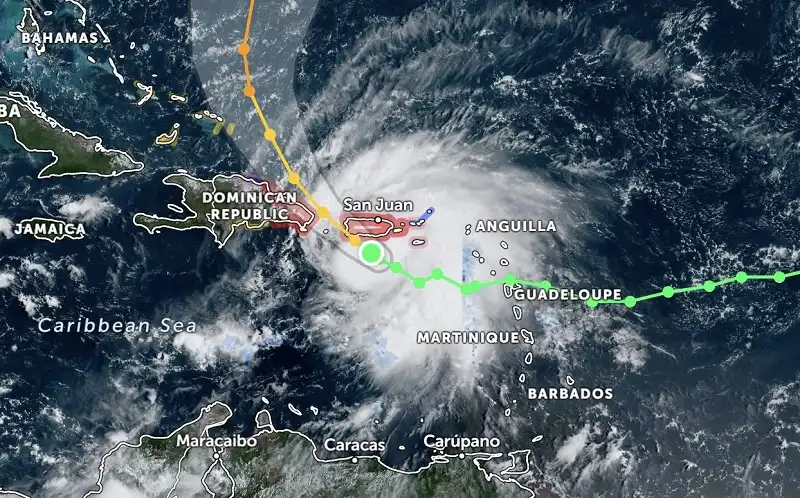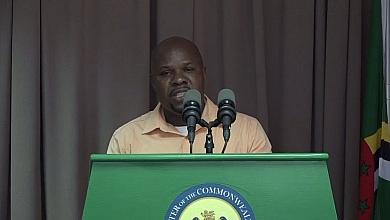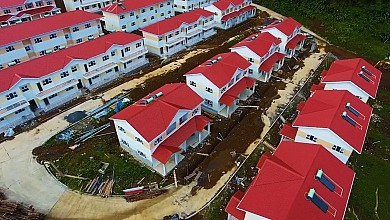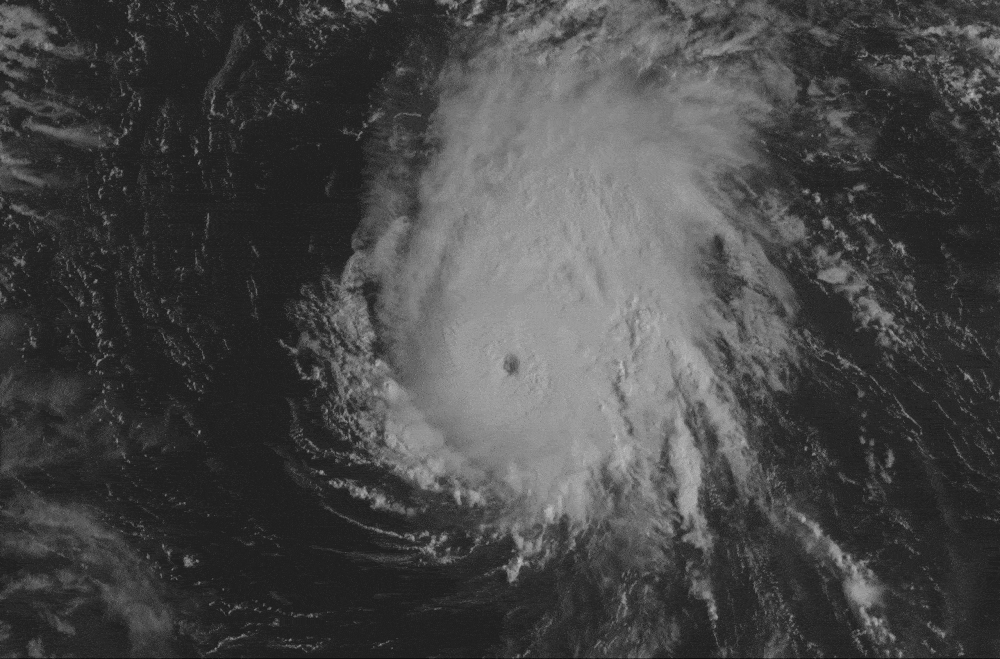
Acting senior meteorology officer, Ithoma James, said Dominicans must prepare ahead of the hurricane season. He said hurricane preparedness should not be left to when the season is upon everyone, but should be done throughout the year. He said the best way to prepare for hurricanes is to incorporate preparedness into one’s daily life.
According to James, the MET office may predict hurricanes and weather conditions, but the predictions are based largely on storm formations in the Atlantic Ocean. To this extent, hurricane predictions may not equal hurricane landfalls, meaning weather predictions may not occur as accurately predicted. But this must not stop anyone from preparing ahead in case things change within minutes.
Still related to the environment, a former chief physical officer, Annie Edwards, said the government ought to conduct extensive environmental impact assessments (EIAs) to minimize the impact of construction projects on the enviroment. She made it clear that without requisite EIAs, irreparable damage may be done to the enviroment and this would negatively affect humans and animals.
Edwards said EIAs should be conducted and approved before construction projects are approved by the government. She said that with appropriate environmental assessments, potential negative impacts on the enviromental can be mitigated or prevented from occuring to local residents. She said that this initiative ensures that local residents take part in significant development that affects their communities.
Meanwhile, chairman of the National Emergency Planning Organization (NEPO) subcommittee, Glenroy Toussaint, said environmental impact assessments could reduce the impacts of natural disasters and enhance their management. He said NEPO has been instrumental in identifying appropriate emergency shelters and disaster risk initiatives that will aid disaster preparedness for people across Dominica.
This article is copyright © 2023 DOM767








